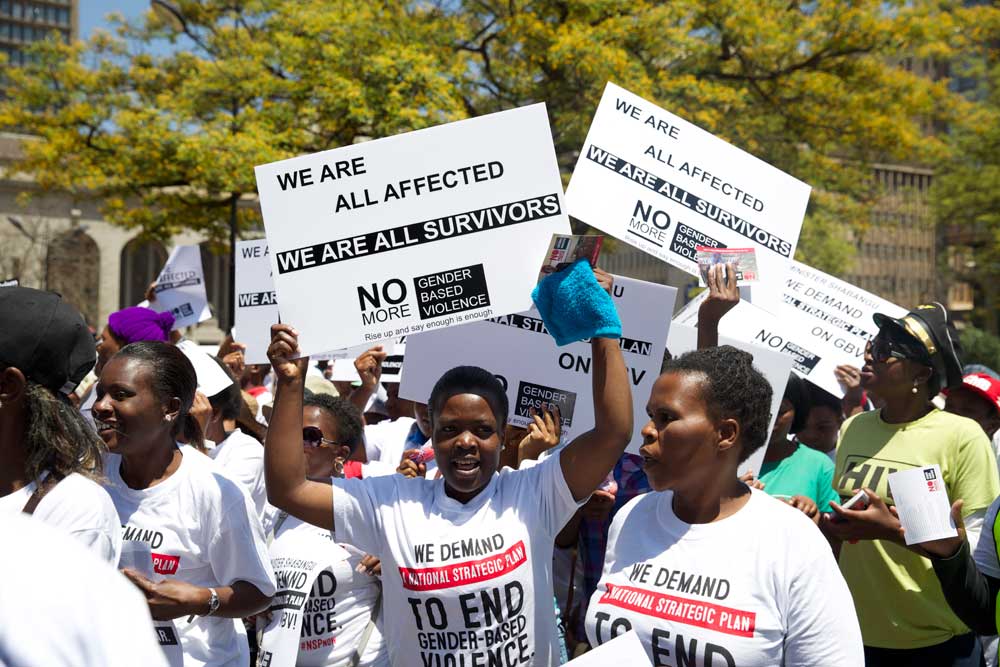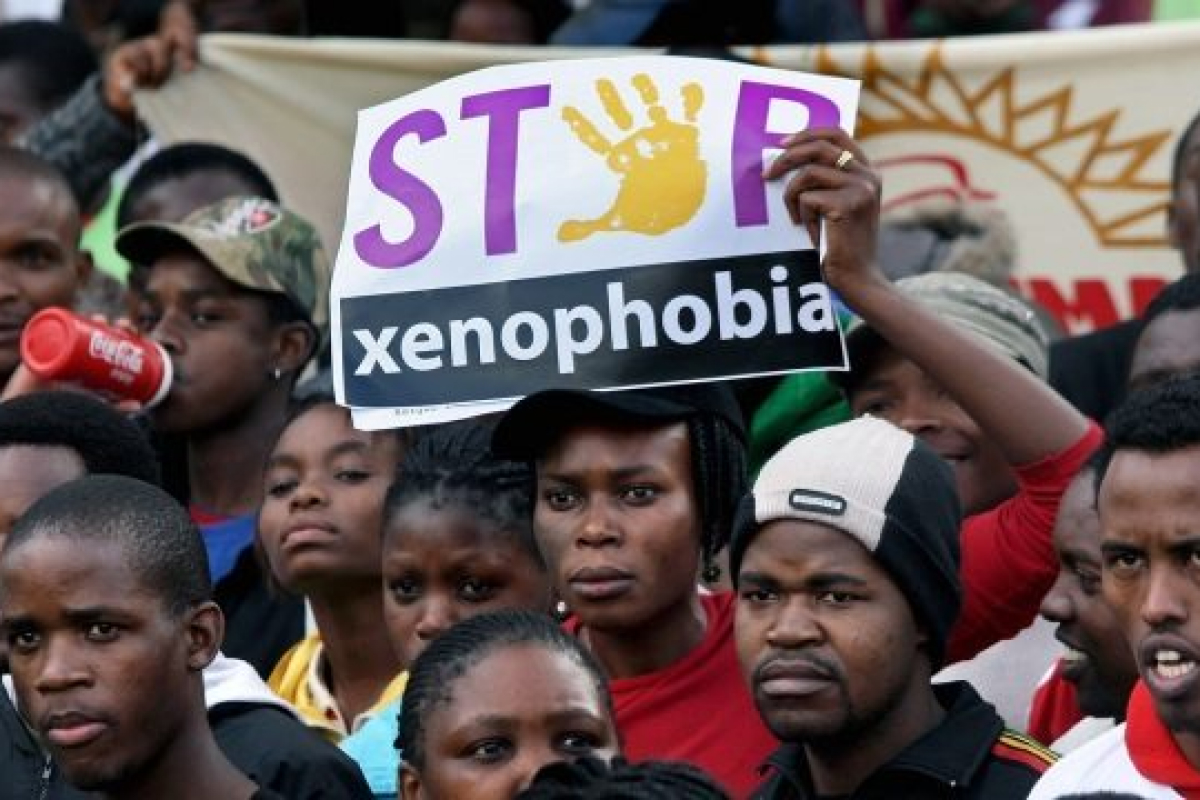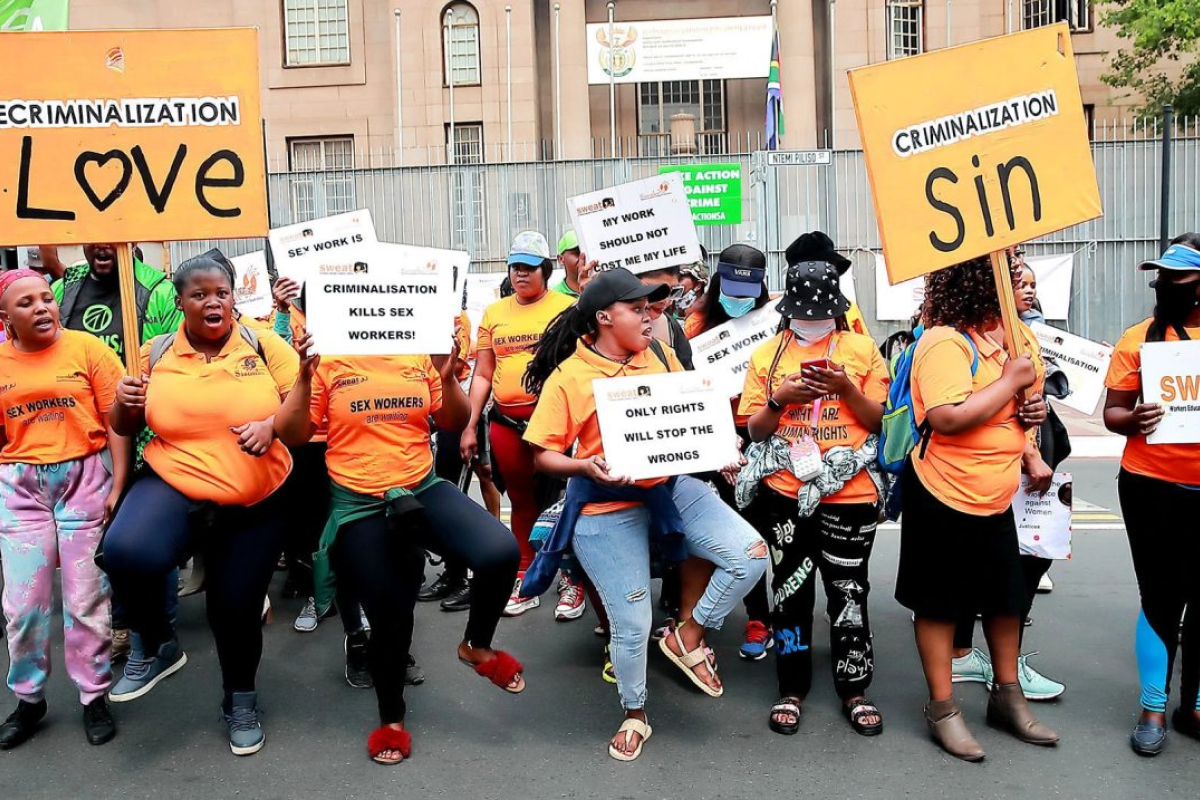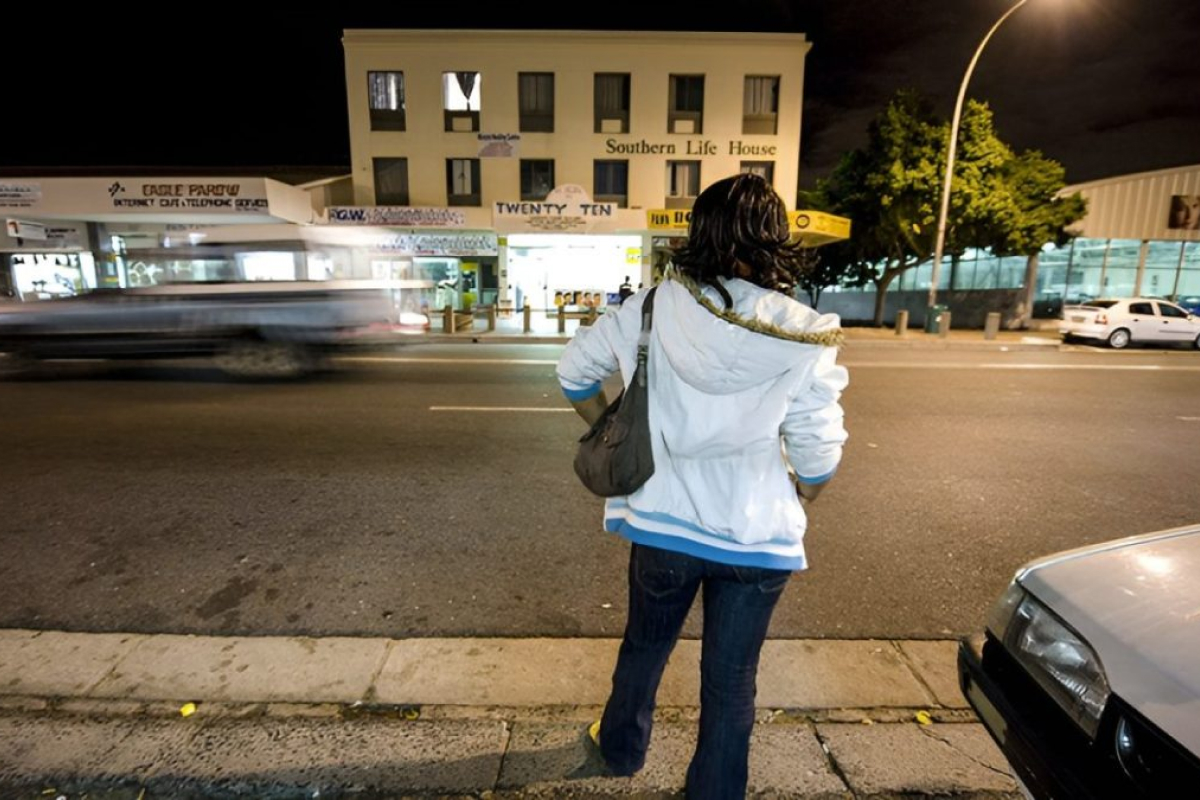Time for firm action on gender violence
On Monday the Office of the Presidency announced that President Zuma will focus on the economy this October. While the President is hosting meetings with the mining sector and launching new industrial development zones this month, a grave threat to South Africa’s economic growth goes completely ignored by this administration: gender-based violence (GBV).
KPMG has just released a new report showing that the economic cost of GBV in South Africa was between R28.4-billion and R42.4-billion for the year 2012-13. Even having used a conservative model to calculate the estimate, this still accounts for roughly 1% of GDP annually. This report makes clear that gender-based violence not only causes tremendous human suffering in this country, but it also comes at a painful economic cost. From hospital and court visit expenses, to missed work due to injuries and post-traumatic stress, GBV results in wasted resources and lost productivity that could otherwise be contributing to the country’s economic development. Or in KPMG’s analysis, “In short, GBV erodes both the inputs and outputs of growth.”
In his State of the Nation Address last year, President Zuma emphasised the urgency of “unity in action to eradicate the scourge” of rape and said, “The brutality and cruelty meted out to defenceless women is unacceptable and has no place in our country.” He went on to remind the nation that the National Council on Gender Based Violence was set up to coordinate government’s efforts to address rape and domestic violence and said “We urge this coordinating structure to make the campaign of fighting violence against women an everyday campaign.”
Today the work of this Council is suspended. The CEO resigned. The process to finally draft a National Strategic Plan on GBV is also suspended and “under review” by the new Minister of Women in Presidency Susan Shabangu. Is this what an everyday campaign looks like? Instead of urgent action, we’ve had stalling, delays, and backwards movement.
Despite strong assurances from the highest office in the country that the GBV Council would urgently address this scourge of violence, the opposite has in fact happened over the last year. Where is the leadership? Where is the accountability?
The Ministry of Women in the Presidency has recently declared their new strategic focus to be on the economic empowerment of women. While we acknowledge the disproportionate impact of poverty on women and welcome these efforts, it must be noted that the Ministry’s current public plans include no serious efforts on gender-based violence. How can gender-based violence, which every year wounds, maims and kills thousands in South Africa, not be acknowledged as a severe threat to the economic empowerment of women? Women injured and killed by this violence are not only family members and caretakers, they are also entrepreneurs, farmers, workers and managers. Every rape or incident of domestic violence is not only an assault on the dignity and human rights of women, but also a threat to their participation in the economy. A woman can’t go to work if she’s at home with broken bones. A woman can’t contribute to the economy if she’s been beaten to death. If the Zuma administration wants to hit their targeted 5% GDP growth rate per year, this is a threat they can’t ignore.
Over a decade ago when civil society activists were battling AIDS denialist then-President Mbeki and the former Minister of Health, the late Dr. Tshabalala-Msimang, they engaged in civil disobedience to demand their right to health be respected. The Treatment Action Campaign and its partners occupied police stations and the offices of the Commission for Gender Equality and demanded that government comply with its commitments and obligations as laid out in the Constitution and our national laws and policies.
Perhaps it is time for such activism again. We need urgent action to create a real costed plan to end gender-based violence. In the AIDS treatment movement, the call for a National Strategic Plan became an essential mobilisation tool. When the plan was produced, it gave voice to the demands of the marginalised and the poor, who had spent years demanding real action on HIV treatment, and it forced the government to finally act in a strategic and coherent manner to fight HIV. Since 2009 President Zuma and Minister Motsoaledi, have shown leadership in moving the National Strategic Plan for HIV and AIDS forward, and achieved real results. Under the Zuma administration, there are now 2.1 million people on anti-retroviral treatment (up from 923,000 in 2009), 3,540 treatment sites (up from 420 in 2009) and 23,000 nurses trained to initiate patients on treatment (up from 250 in 2009). We need this kind of national plan and political commitment to address gender-based violence.
In our 20 years of democracy, South Africa has adopted a range of impressive policies and laws designed to address gender-based violence. But there has been limited and flawed implementation of these response laws and there has been no strategic investment in efforts to prevent this violence in the first place. This has had dire consequences for the lives of women, girls and LGBTI people. It’s well past time for a comprehensive National Strategic Plan to end gender-based violence.
If legal obligations, human rights and human decency won’t push government to act, perhaps the economic cost of gender-based violence will finally spur the action we need.








